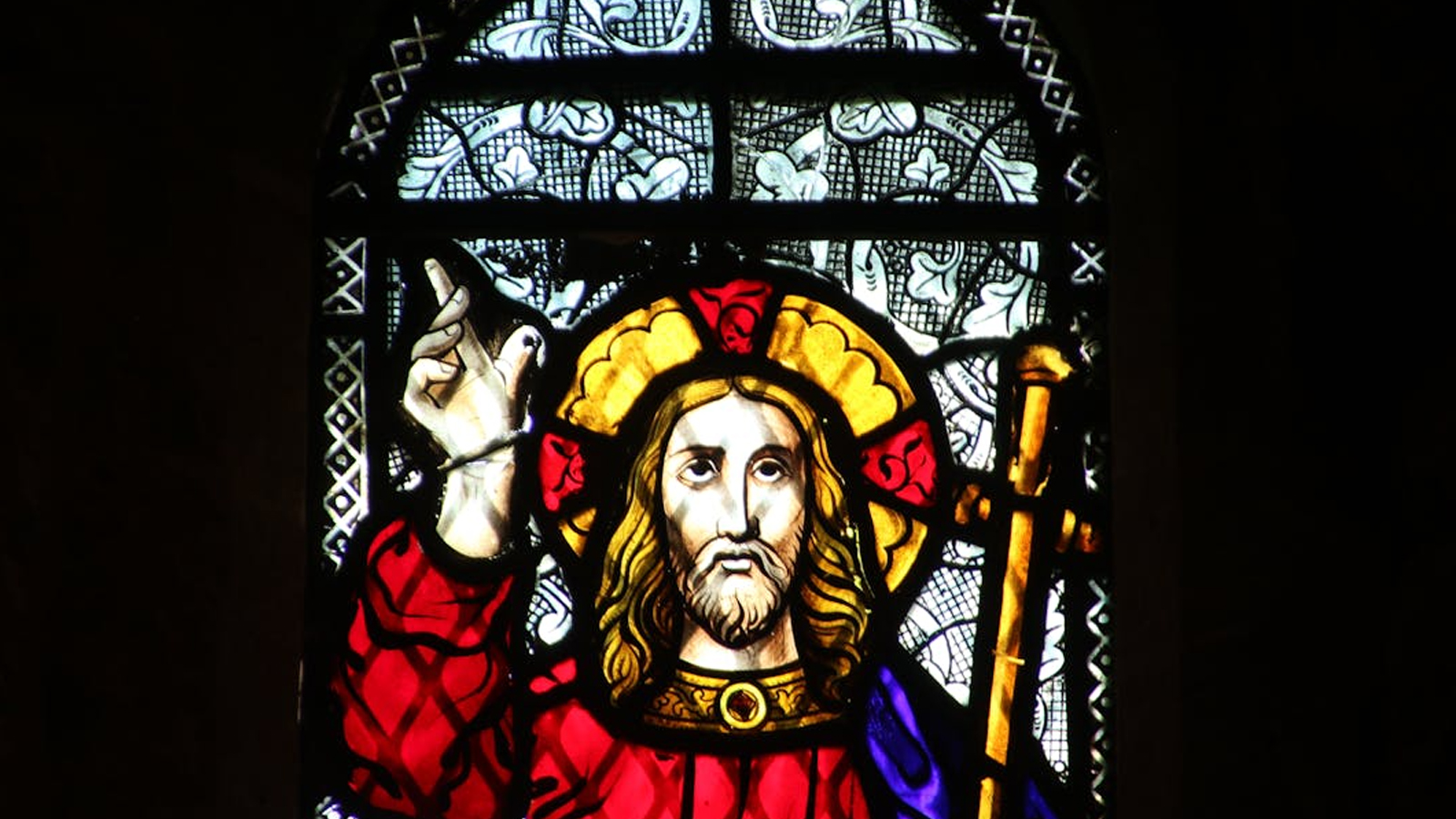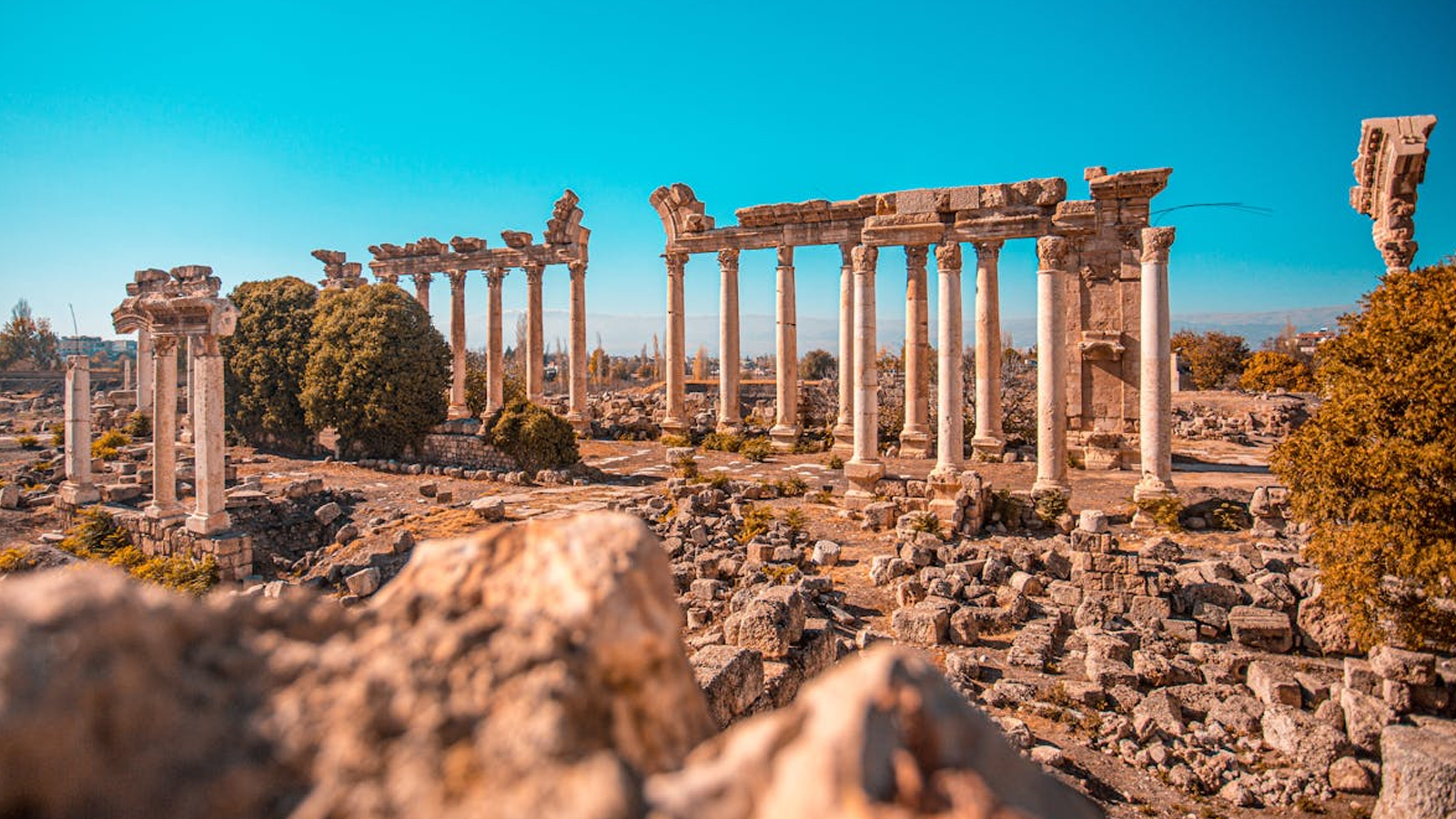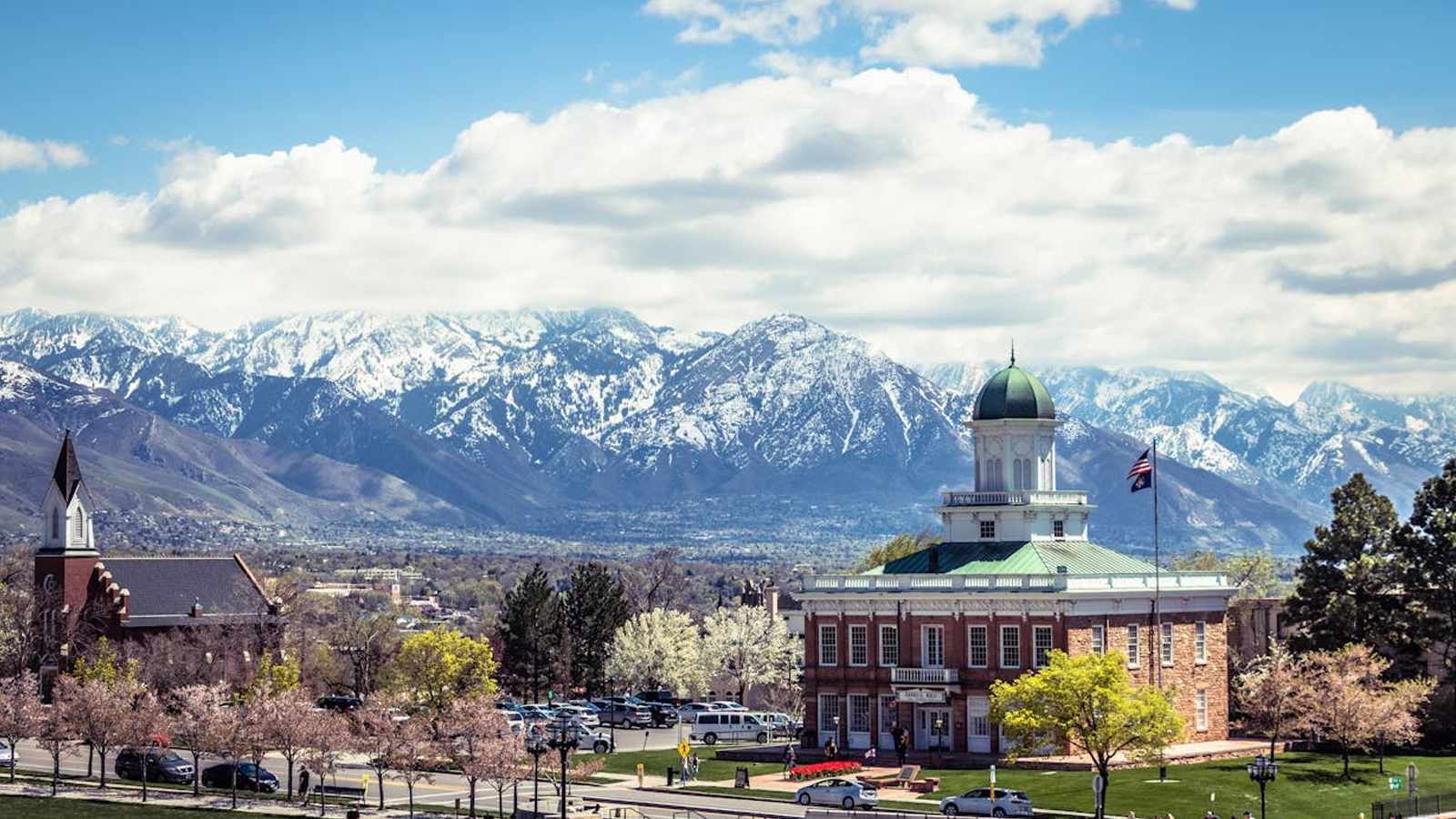
Response #1:
“What kind of evil and suffering are your talking about? If you’re talking about the evil things humans do to one another, there may be a good reason why God would allow this to happen, especially if He values love. Our ability to love is dependent on our ability to act freely; true love cannot be compelled or pre-programmed. But this kind of pre-requisite freedom is dangerous, right? It means that some of us – if we freely choose to ignore the moral teaching of Jesus, for example – will freely commit evil acts. This is the dangerous price of freedom. But according to Christianity, God has a plan to eventually right all the wrongs committed by humans. Doesn’t that kind of God seem loving and just?”
According to Christianity, God has a plan to eventually right all the wrongs committed by humans. Doesn’t that kind of God seem loving and just? Share on X
OR
Response #2:
“What kind of evil and suffering are your talking about? If you’re talking about the suffering that comes from ‘natural’ disasters, like floods, fires and tornadoes, there are several reasons why God might allow such suffering. There are times when ‘natural’ evil is either caused or aggravated by our free choices. Humans often rebuild along earthquake fault lines and known hurricane pathways, and we frequently cut corners on building guidelines in order to save money. God may tolerate some apparently ‘natural’ evil because it is the result of human free agency (something God must allow for love to be genuine). God may also tolerate some ‘natural’ evil because it is necessary for our survival. The same weather systems that create tornadoes also provide much needed thunderstorms. The same plate tectonics that allow for earthquakes are also necessary for soils regulation and surface temperature stability. Can you see why much of the ‘natural’ evil we cite is necessary?”
The same plate tectonics that allow for earthquakes are also necessary for soils regulation and surface temperature stability. Can you see why much of the ‘natural’ evil we cite is necessary? Share on X
OR
Response #3:
“What do you have in mind when you label something as ‘evil’? Why are you calling this act or behavior ‘evil’ in the first place? What standard are you using? Is evil just a matter of personal opinion? If so, we could eliminate all evil by simply changing our minds. But, that won’t work, will it? If you think that some acts and behaviors are objectively, transcendently evil – even if individuals or groups disagree – that would require an objective standard of ‘rightness’ that transcends individuals or groups (including nations). That kind of evil, the evil you are describing, requires a transcendent God as the unchanging, objective standard of rightness. Just as shadows cannot exist without sunlight, true evil cannot exist without the true standard of rightness we know as God. Evil doesn’t prove the non-existence of God; instead it requires God as the standard by which we judge something and call it ‘evil’.”
Just as shadows cannot exist without sunlight, true evil cannot exist without the true standard of rightness we know as God. Share on X


J. Warner Wallace is a Dateline featured Cold-Case Detective, Senior Fellow at the Colson Center for Christian Worldview, Adj. Professor of Christian Apologetics at Talbot School of Theology, Biola University, author of Cold-Case Christianity, God’s Crime Scene, and Forensic Faith, and creator of the Case Makers Academy for kids.
Subscribe to J. Warner’s Daily Email























Pingback: mid-week apologetics booster (10-3-2019) – 1 Peter 4:12-16
Pingback: Weekly Apologetics Bonus Links 10/6 – 10/12 | Apologetics315
Pingback: Quick Shot: “God would not allow evil and suffering” | Cold Case Christianity – Reformed faith salsa style